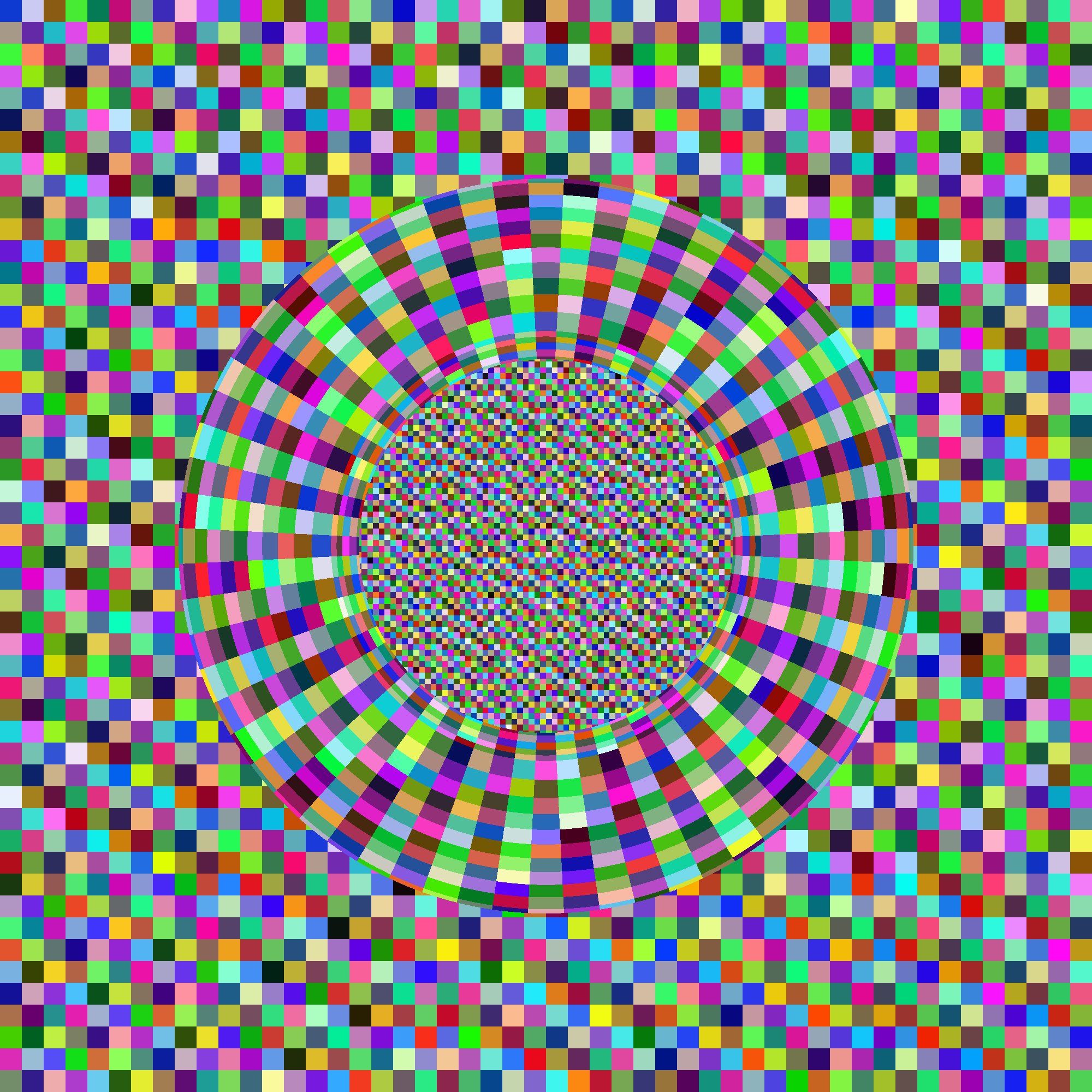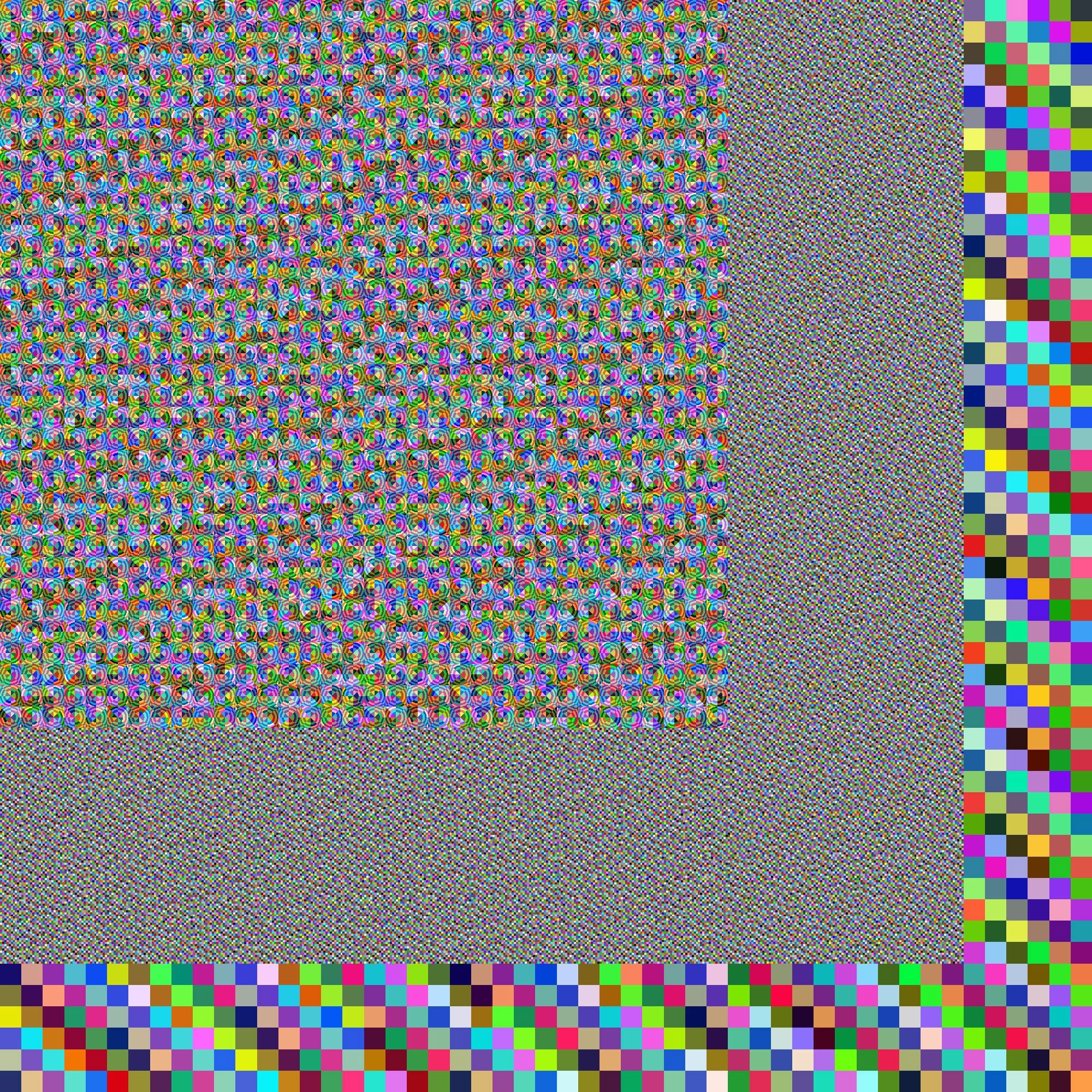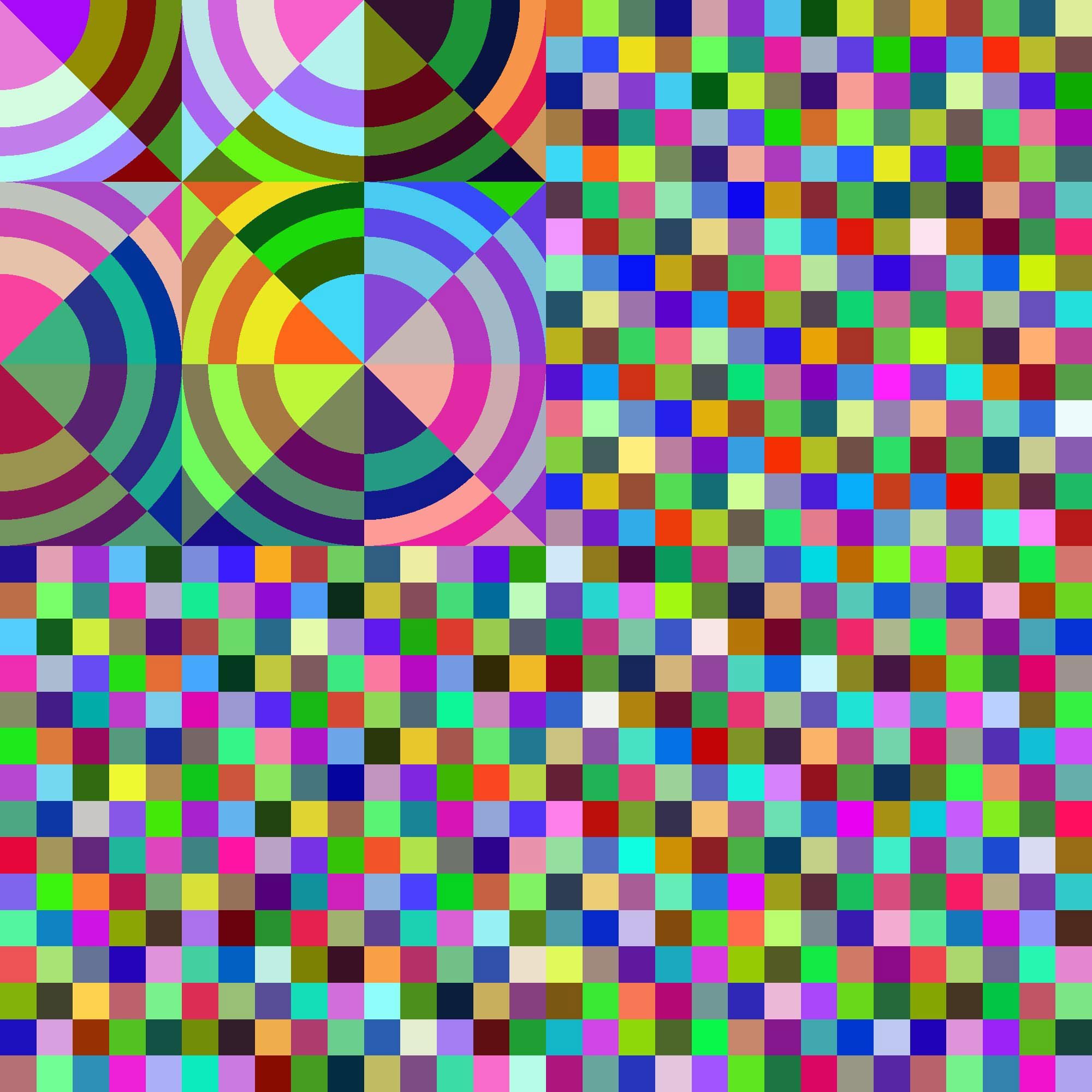Historic research
The research programmes at the Cambridge Nuclear Energy Centre are very varied and often involve collaboration between CNEC academics and other leading academics in Cambridge from Materials Science, Engineering, Physics, Earth Sciences and Finance/Economics. The overarching theme is that nuclear is not special and must not be siloed and can only achieve rapid progress in deployment by taking a lead in innovative science and engineering with these partners. Below, you’ll find a list of research projects completed by University of Cambridge students.
The effect of radiation damage on molybdate solution in radioactive waste glass
Karishma Patel, Cambridge International Doctoral Scholar and in collaboration with Commissariat à L'Energie Atomiques et Alternatives, Marcoule, France
Dissolution-precipitation versus in situ alteration in radioactive waste glass durability
Rui Guo, Cambridge International Doctoral Scholar
Understanding the relationship between the durability of complex and simplified UK HLW glasses
Tom Goût, PhD studentship in collaboration with Radioactive Waste Management Ltd
Tom Goût papers:
Temperature dependent lithium isotope fractionation during glass dissolution
Coupling source term, mineral reactivity and flow in radionuclide transport
Taj Iwalewa, Cambridge-IDB Doctoral Scholar
Uranium oxide dissolution mechanisms in oxic, anoxic and reducing environments
Beng-Thye Tan, Government Singapore Doctoral Scholar
Chemical and radiolytic ageing of actinide oxides by MASNMR
Giles Rought Witta, PhD studentship EPSRC ICO-CDT In Nuclear Energy, AWE
The effect of radiation damage on the properties of zirconium carbide based layered ceramics
Dhan-sham Rana, PhD studentship EPSRC ICO-CDT In Nuclear Energy, Westinghouse Electric
Layered carbide materials for reactor cores
Dr Aleksej Popel Post-doctoral Fellowship, Frazer-Nash
New materials for nuclear applications
Dr John Trail, Post-doctoral Fellowship (with Chris Pickard MSM) Frazer-Nash




